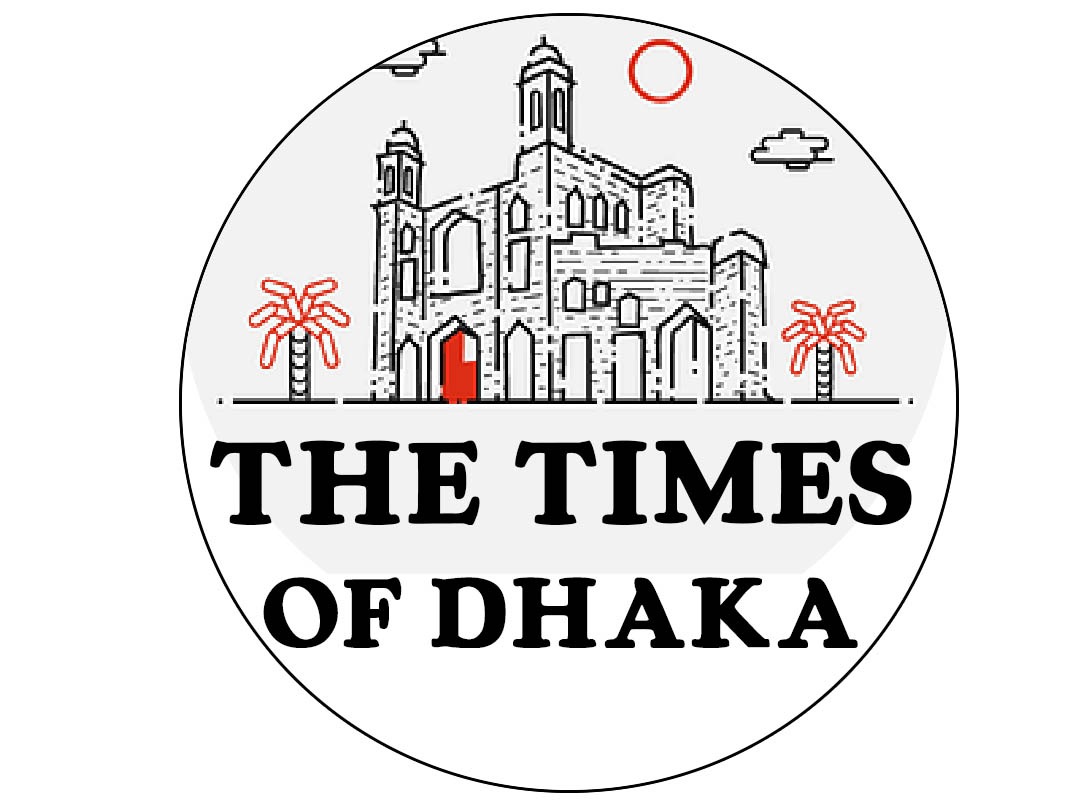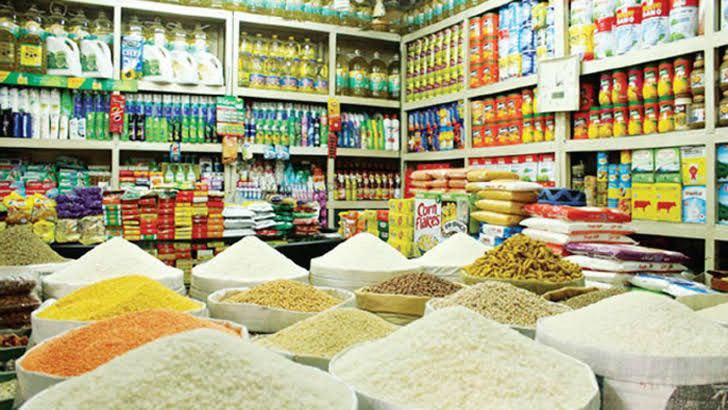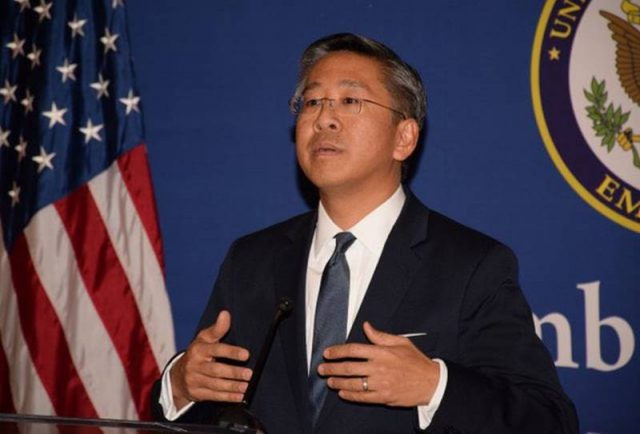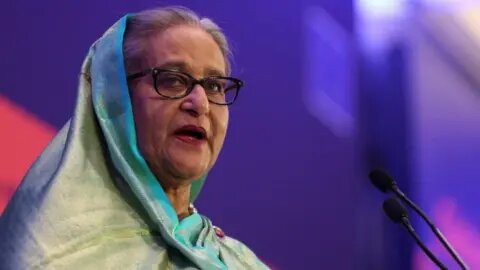The International Monetary Fund (IMF) has been talking about the introduction of market-based currency exchange rates for one-and-a-half years. The company has given the same advice once again on Tuesday. The IMF said Bangladesh should move towards market-based exchange rate flexibility to reduce pressure on foreign exchange reserves.
In a virtual press conference from Singapore on the occasion of the publication of the Regional Economic Outlook on Tuesday, IMF Asia and Pacific Division Director Krishna Srinivasan said that once a flexible exchange rate can be implemented, there will be a great stability in Bangladesh’s foreign transactions. He said this in response to a question.
Bangladesh Bank has yet to make the currency exchange rate fully market-based, so this advice has been given again by the organization. At present, the bankers’ organization Bangladesh Foreign Exchange Dealers Association (BAFEDA) and Association of Bankers Bangladesh (ABB) determine the exchange rate through the mediation of Bangladesh Bank.
Bangladesh’s current account surplus was $4.7 billion in the 9 months from July to March of the current fiscal year 2023-24. But at the same time the financial deficit is 830 billion dollars. This deficit is four times compared to the same period a year ago. Financial accounting includes foreign direct investment and short, medium and long term loans.
Krishna Srinivasan said that the financial account is not good due to the low foreign exchange reserves of Bangladesh, and for the same reason, the local currency of Bangladesh, the taka, is also under pressure. In such a situation, taking steps to make the currency exchange rate flexible, Bangladesh will get positive results in terms of financial balance, he commented.
A number of major events have taken place in the world economy in the last few years. Notable among these events were the Covid-19 pandemic and the Russia-Ukraine war. They have a negative impact on the economy. Like the rest of the world, the economies of Asia and the Pacific have also been hit. Hinting about these issues, Krishna Srinivasan said, the economy has to recover from this shock. Just as fiscal reforms are needed for a sustainable recovery, so too is exchange rate flexibility.
IMF’s 4.7 billion dollar loan program with Bangladesh is ongoing. The official launch of this program is from January 30 last year. The IMF is already disbursing two tranches. The third installment is due next month. The entire amount is to be paid in seven installments over three and a half years till 2026. There are several terms and conditions associated with this loan program.
Krishna Srinivasan said Bangladesh is trying to deal with long-term structural problems related to climate change besides maintaining macroeconomic stability. The country has actively sought assistance from the IMF in this regard and the IMF is providing that assistance. And so Bangladesh is doing somewhat better in terms of macroeconomics.
The IMF believes that the growth rate of Bangladesh’s gross domestic product (GDP) in the current financial year may be 5.7 percent. This rate is slightly lower than last fiscal year 2022-23. The growth in the previous financial year was 6 percent. The IMF has estimated Bangladesh’s growth at 6.6 percent for the fiscal year 2024-25. The agency estimated growth in Asia and the Pacific region at 4.5 percent, up from 3.3 percent six months ago.

 Reporter Name
Reporter Name 





















